Jhpiego and the American Academy of Pediatrics (AAP) developed HMS and HBS to meet the need for affordable hands-on training in low-resource settings, and save more lives.
50,000 Happy Birthdays HMS and HBS modules
HMS and HBS consist of seven modules that address the most common causes of maternal and newborn mortality and morbidity. ICM, in collaboration with other partners, selected the five most relevant modules to be implemented during the project.
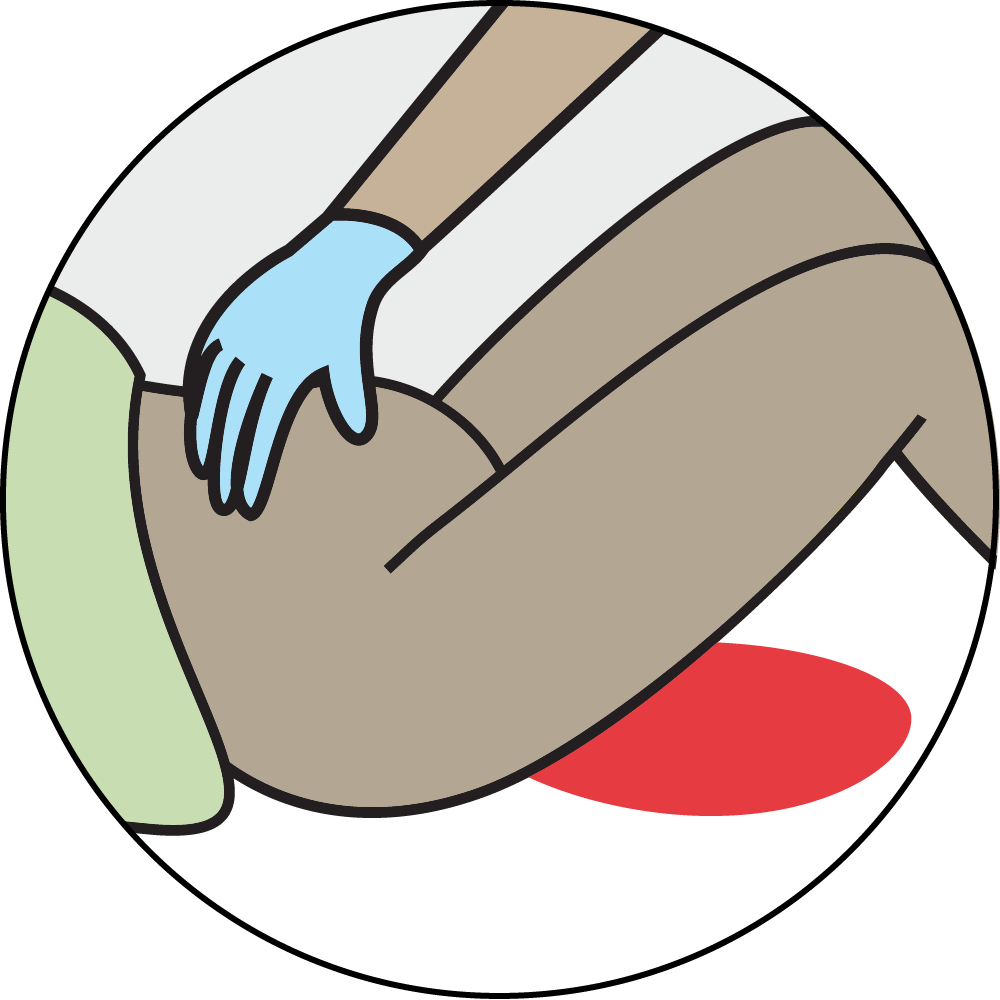
HMS Bleeding After Birth Complete (BABC)
Prevent, detect and manage postpartum hemorrhage including management of shock and advanced care skills.
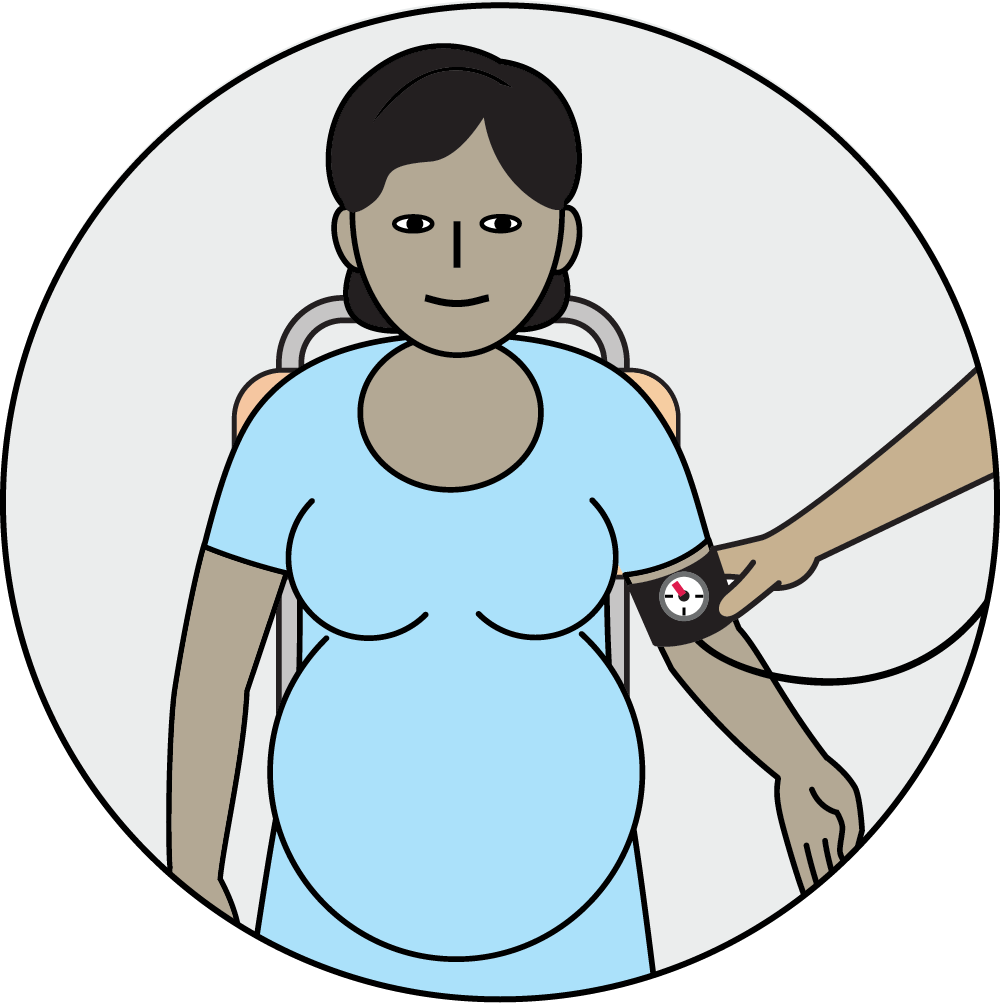
HMS Preeclampsia & Eclampsia (PE&E)
Detect and manage pre-eclampsia and eclampsia. The module focuses on correct assessment and classification of hypertensive disorders of pregnancy, administration of loading and maintenance doses of magnesium sulfate and anti-hypertensive medications, and management of convulsions.
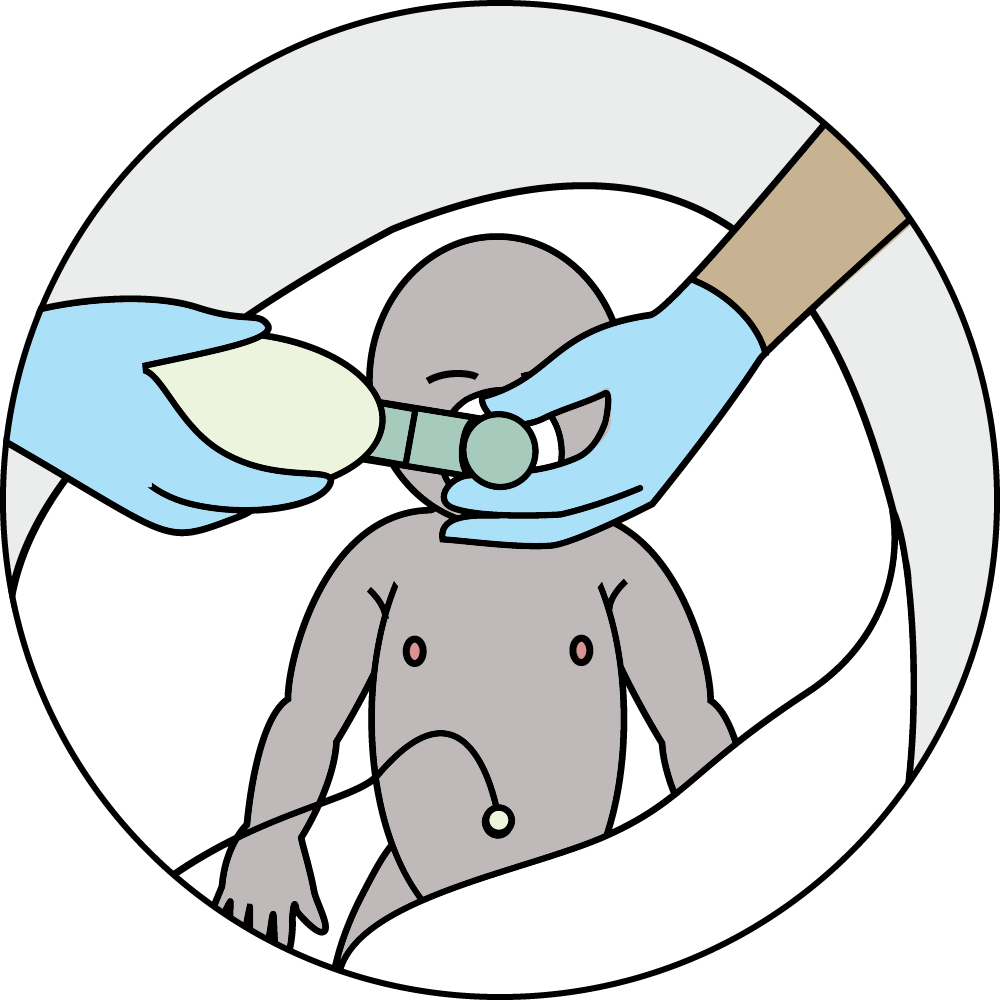
HBS Helping Babies Breathe (HBB)
Manage birth asphyxia focusing on basic newborn resuscitation skills. The program has been shown to reduce early neonatal mortality by up to 50%.
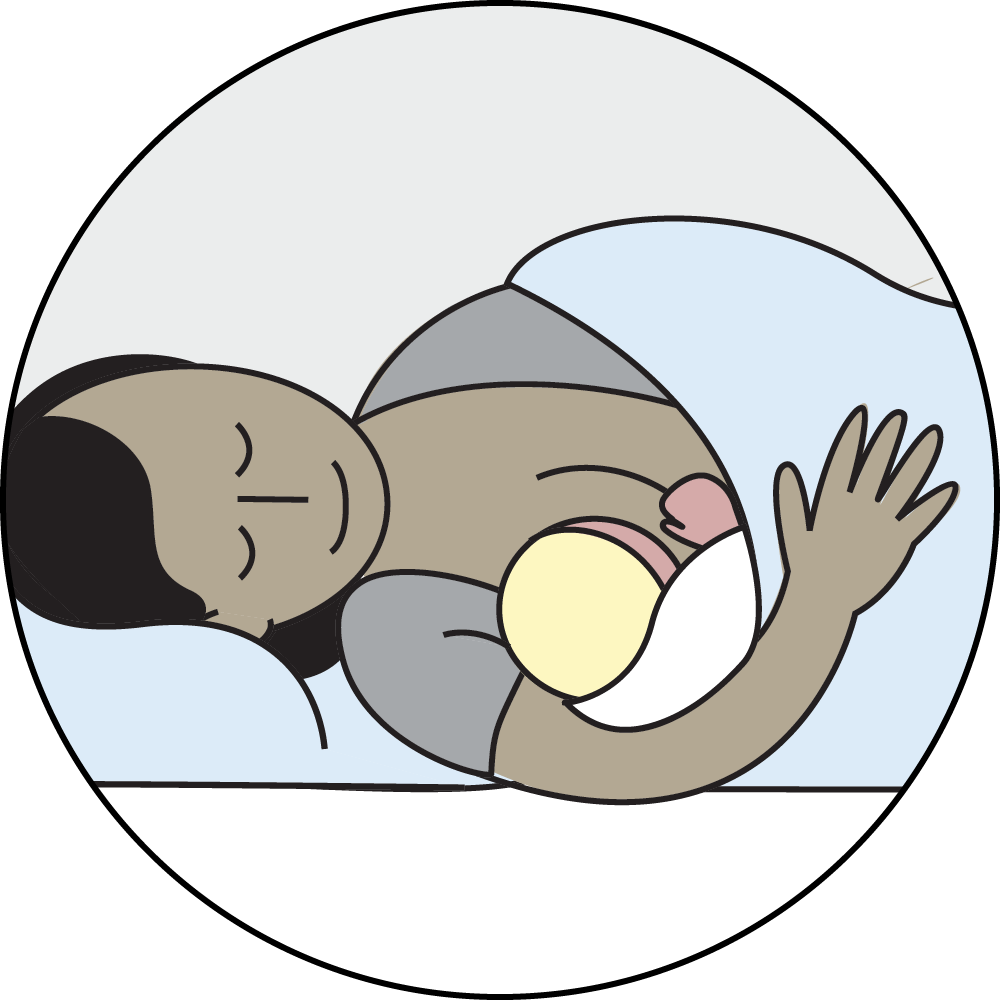
HBS Essential Care for Every Baby (ECEB)
Perform critical interventions for all newborns from birth until the time of discharge.

HBS Essential Care for Small Babies (ECSB)
Care for small babies at birth and manage the special needs of low birthweight and preterm newborns.
Key elements of HMS and HBS
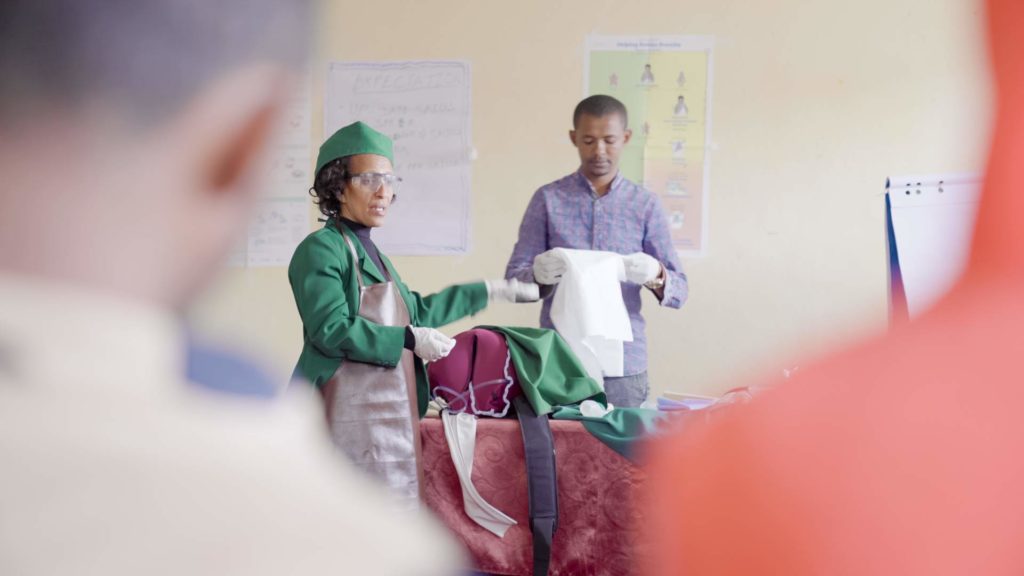
Hands-on training
A certified master trainer delivers an initial course using anatomical simulators and the programme’s printed material. The material includes graphics and brief theoretical content to support the learners, and prompt the trainer through the course.
The programmes include action posters with colour-coded algorithms to guide assessment of the woman or newborn’s health status, facilitate healthcare provider decision-making and appropriate and immediate action.
Laerdal Global Health maternal and newborn simulators complement the HMS and HBS programmes. These realistic and easy-to-use simulators enable hands-on skills practice.
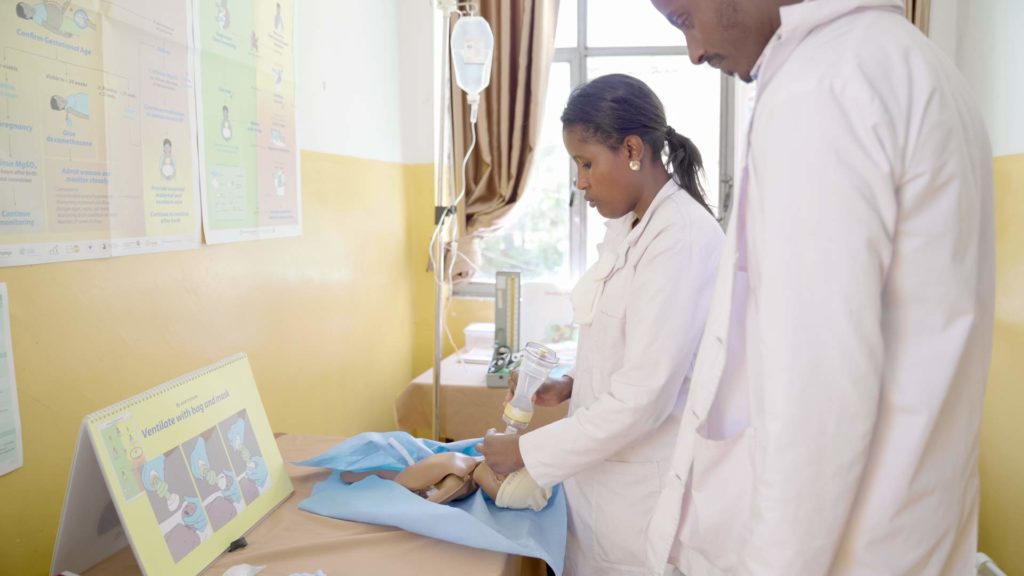
Low Dose High Frequency Training (LDHF)
The training was designed to be consolidated by a series of low dose, high frequency (LDHF) practice sessions, i.e. short and frequent skills practice and associated quality improvement activities. The training is competency-focused and therefore aligns well with ICM’s recommended approach to midwifery education and ongoing skills practice. In-country training and LDHF were coordinated by the national MA. ICM provided remote mentoring to the three MAs to increase their capacity to manage and deliver this type of project and contribute to national policy and practice.
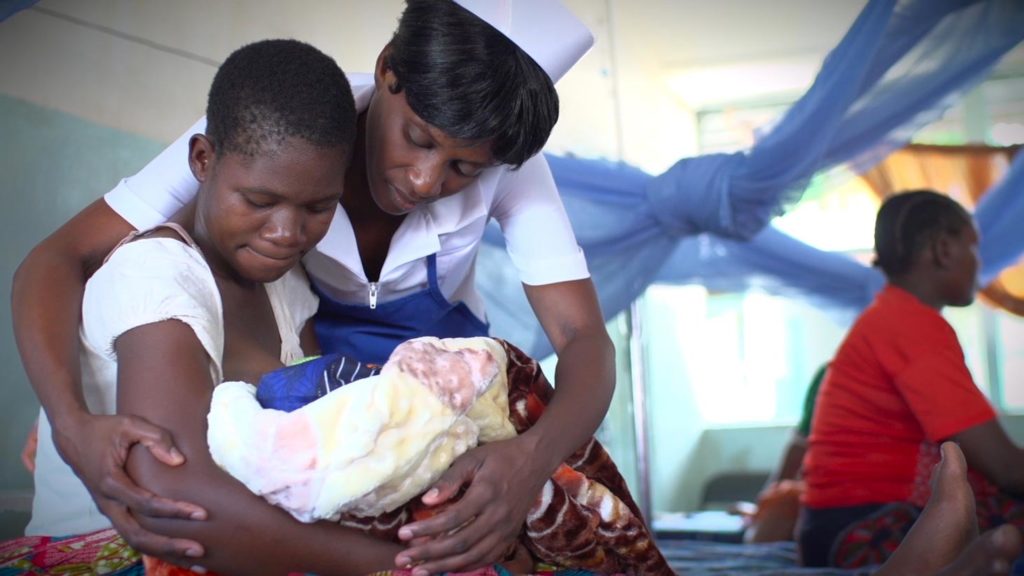
Respectful care
All HMS and HBS educational programs include teaching and learning activities to strengthen healthcare providers’ competence to provide Respectful Maternity Care (RMC).
Quality RMC provided to women and newborns can have a meaningful impact on health outcomes, experience and satisfaction with care (White Ribbon Alliance, 2018) and is an essential competency for midwifery practice (ICM, 2019) .